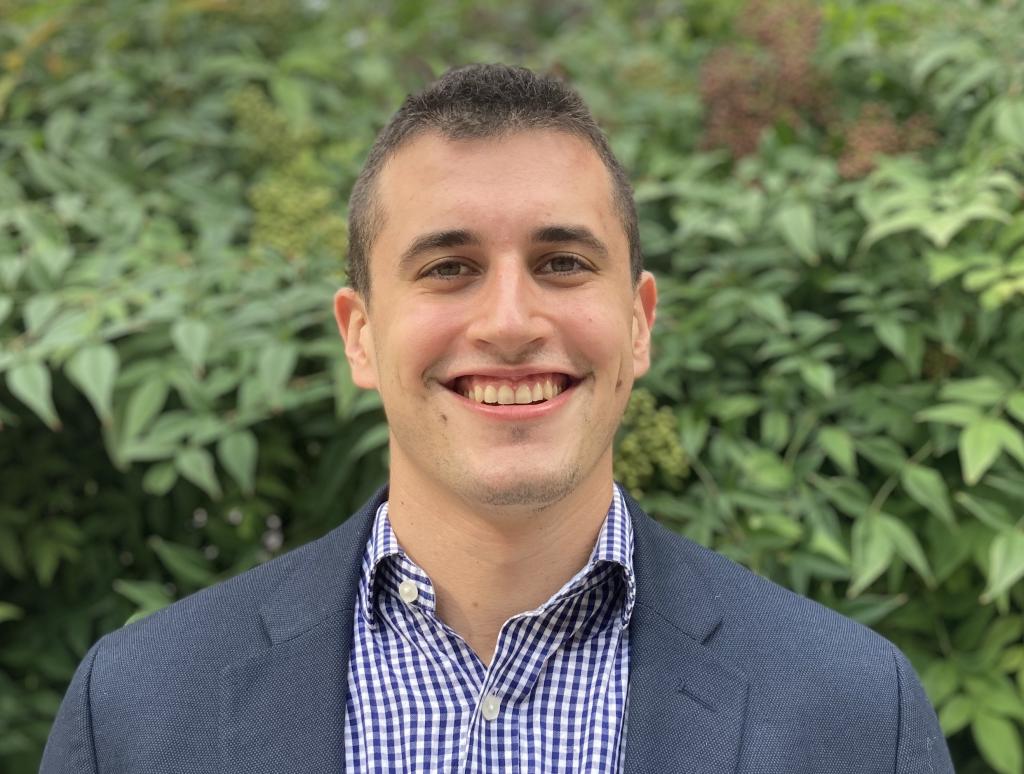The Week That Was: All of Lawfare in One Post
Your weekly summary of everything on the site.
Published by The Lawfare Institute
in Cooperation With

Before the Senate impeachment trial of President Donald J. Trump began on Tuesday, Lawfare offered a suite of content to prepare readers for the proceedings. Quinta Jurecic posted both the House managers’ impeachment brief and President Trump’s brief in response to the House submission. Hadley Baker shared the House managers’ reply to the Trump brief. And Hannah Kris shared Senate Majority Leader Mitch McConnell’s proposed rules for the trial.
Mikhaila Fogel shared a Lawfare Podcast short episode featuring Hilary Hurd reading her Lawfare essay about the range of offenses for which Congress has actually impeached people, and Jacob Schulz posted a special edition of the Lawfare Podcast in which Lawfare editors offer a preview of the Senate impeachment trial:
Hadley Baker livestreamed the first day of the Senate trial. Hannah Kris shared livestreams for the second, third and fourth days. Schulz posted a livestream for the fifth day of the trial.
Margaret Taylor introduced The Report, Season Two: The Impeachment, a podcast from Lawfare and Goat Rodeo that distills the audio from each day of the Senate impeachment trial into an accessible podcast. Taylor shared the episode for the third day of the trial; those for the first two days can be found in her post introducing The Impeachment.
Bob Bauer challenged claims made by Alan Dershowitz about the threshold for an impeachable offense.
Philip Bobbit also responded to Dershowitz’s contention that the President has “sole” authority over foreign affairs and thus is insulated from impeachment for behavior in the foreign affairs realm.
Susan Hennessey and Benjamin Wittes announced the release of their new book, Unmaking the Presidency: Donald Trump’s War on the World’s Most Powerful Office, about President Trump and his use of the powers of the presidency.
Jen Patja Howell published an episode of the Lawfare Podcast with audio from a panel hosted at the Brookings Institution in which Fred Hiatt interviewed Hennessey and Wittes about their new book and about the Senate impeachment trial:
Matt Perault reflected on the evolution of attitudes toward the internet in the ten years since then-Secretary of State Hillary Clinton gave her famous speech about internet freedom.
Arindrajit Basu and Justin Sherman explained details of a new Indian data protection law.
Christopher Bouzy identified suspicious and likely inauthentic activity in the replies to a tweet from former FBI official Lisa Page.
Jen Patja Howell shared the latest edition of the "Arbiters of Truth" series from the Lawfare Podcast, in which Quinta Jurecic and Alina Polyakova spoke with Renee DiResta, the technical research manager at the Stanford Internet Observatory, about disinformation campaigns and their various different forms:
David V. Gioe reflected on the pitfalls of comparing the so-called Afghanistan Papers to the Pentagon Papers or other major historical national security disclosures. William Ford detailed the Jan. 15 House Foreign Affairs Committee hearing about U.S. efforts to rebuild Afghanistan, featuring John Sopko, the special inspector general for Afghanistan reconstruction (SIGAR).
Audrey Kurth Cronin argued that the killing of Qassem Soleimani erodes the norm against assassination in a way that is ultimately counter to U.S. interests. Geoffrey S. Corn and Chris Jenks challenged Michael Glennon’s arguments in a recent Lawfare post and argued that the legality of the Soleimani strike should be evaluated according to the law of armed conflict. Daniel Byman evaluated how the Soleimani strike affects prospects for deterrence with Iran.
Randy Beck and John Langford argued for the revival of qui tam statutes as a check on executive officials.
Benjamin Della Rocca and Richard Altieri explained both the newest trade deal between the U.S. and China and new regulations for the Committee on Foreign Investment in the United States (CFIUS).
Yasmina Abouzzohour reflected on the legacy of Sultan Qaboos bin Said Al Said and the challenges facing Oman after Sultan Qaboos’s passing.
Jeffrey Feltman discussed the recent Berlin Conference about Libya.
Jacob Schulz shared a declassified order from the Foreign Intelligence Surveillance Court (FISC) about the Department of Justice's handling of applications for FISA warrants for Carter Page.
Schulz also posted filings from the House of Representatives in the Mueller grand jury 6(e) material case and the case about the testimony of former White House Counsel Don McGahn, as well as a reply from the Department of Justice in the McGahn case.
Bobby Chesney and Steve Vladeck shared the latest episode of the National Security Law Podcast.
And Stewart Baker posted the latest episode of the Cyberlaw Podcast, which covers the California Consumer Privacy Act, rumors of a GRU hack into Burisma Holdings, and other topics:
And that was the week that was.

